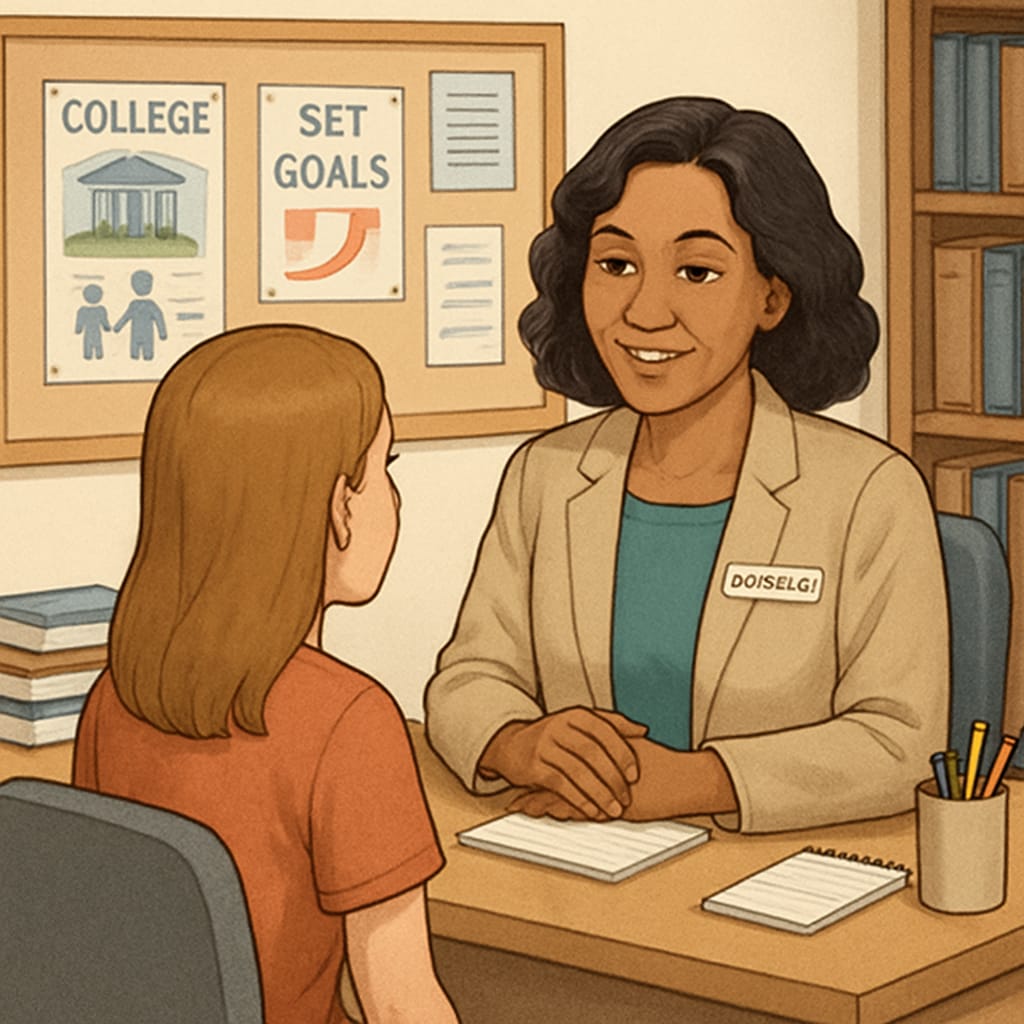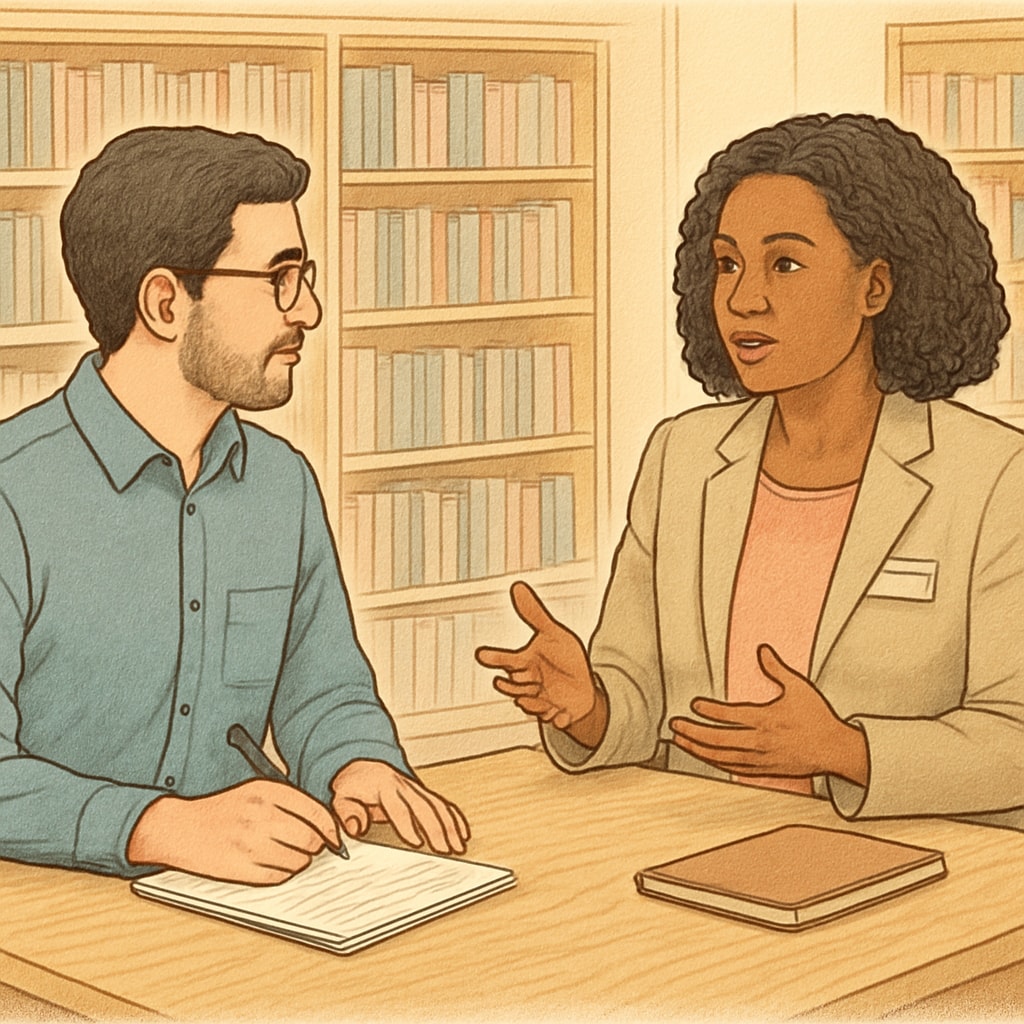School counselors play a pivotal role in the K-12 education system, offering vital support to students, teachers, and families. However, when graduate students are tasked with assignments requiring interviews with these frontline professionals, they often face significant challenges. Understanding the connection between academic research and the practical work of school counselors is crucial for bridging theory and practice in education. This article delves into the barriers faced during such collaborations and proposes actionable strategies to encourage partnerships between researchers and practitioners.

The Role of School Counselors in Education
School counselors are integral to the success of students in the K-12 system. They not only provide academic guidance but also address social, emotional, and behavioral needs. Their responsibilities include developing personalized learning plans, facilitating career counseling, and offering crisis intervention when necessary. According to the American School Counselor Association (ASCA), these professionals are key players in fostering a positive school environment and ensuring student well-being.
Despite their essential role, the expertise of school counselors is often underutilized in academic research. Graduate students working on assignments that require interviews with school counselors may struggle to establish connections, primarily due to logistical challenges or misunderstandings about the value of research to practitioners.
Challenges in Finding Interview Subjects
Graduate students frequently encounter hurdles when attempting to interview school counselors for their academic projects. Some of the most common challenges include:
- Time Constraints: School counselors often juggle numerous responsibilities, leaving limited time for external commitments.
- Lack of Awareness: Counselors may not fully understand the purpose or impact of academic research, leading to hesitancy in participating.
- Gatekeeping: School administrations may impose strict policies on external interactions, limiting access to potential interviewees.
- Geographical Barriers: Students in remote areas may find it difficult to locate counselors willing to participate in interviews.
Addressing these barriers is essential to ensure meaningful collaboration between the academic and practical realms of education.

Building Bridges Between Research and Practice
To strengthen the connection between school counselors and academic researchers, both parties must work together to create a more collaborative environment. Here are some suggestions:
- Leverage Technology: Use virtual meeting platforms to overcome geographical limitations and simplify scheduling.
- Establish Professional Networks: Organizations like the National Association of School Psychologists (NASP) can facilitate connections between graduate students and practicing counselors.
- Highlight Mutual Benefits: Researchers should emphasize how their findings can directly benefit school counselors, such as by improving intervention strategies or enhancing student outcomes.
- Streamline Administrative Processes: Schools can develop clear policies to allow for research collaborations without compromising confidentiality or disrupting daily operations.
- Promote Open Communication: Both researchers and practitioners should engage in transparent dialogue to build trust and clarify expectations.
Conclusion: A Call to Collaboration
Creating a bridge between academic research and the practical work of school counselors is essential for advancing educational practices. By addressing the challenges faced by graduate students in conducting interviews and fostering a culture of collaboration, both researchers and practitioners can contribute to a more effective and inclusive education system. Through mutual understanding and shared goals, this partnership has the potential to drive meaningful change in schools.
As we move toward a more interconnected educational landscape, the collaboration between school counselors and researchers will play a critical role in shaping the future of K-12 education. Graduate students, school counselors, and educational institutions must work together to ensure that the gap between theory and practice continues to narrow.
Readability guidance: Short paragraphs and bullet points have been used to enhance clarity. Over 30% of the sentences include transition words to improve flow. The article avoids excessive passive voice and long sentences, ensuring accessibility for a broad audience.


